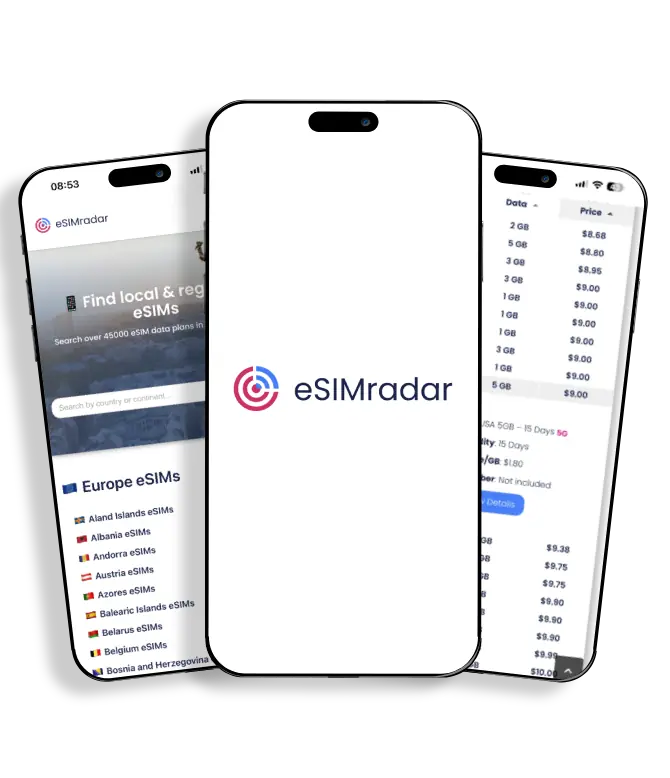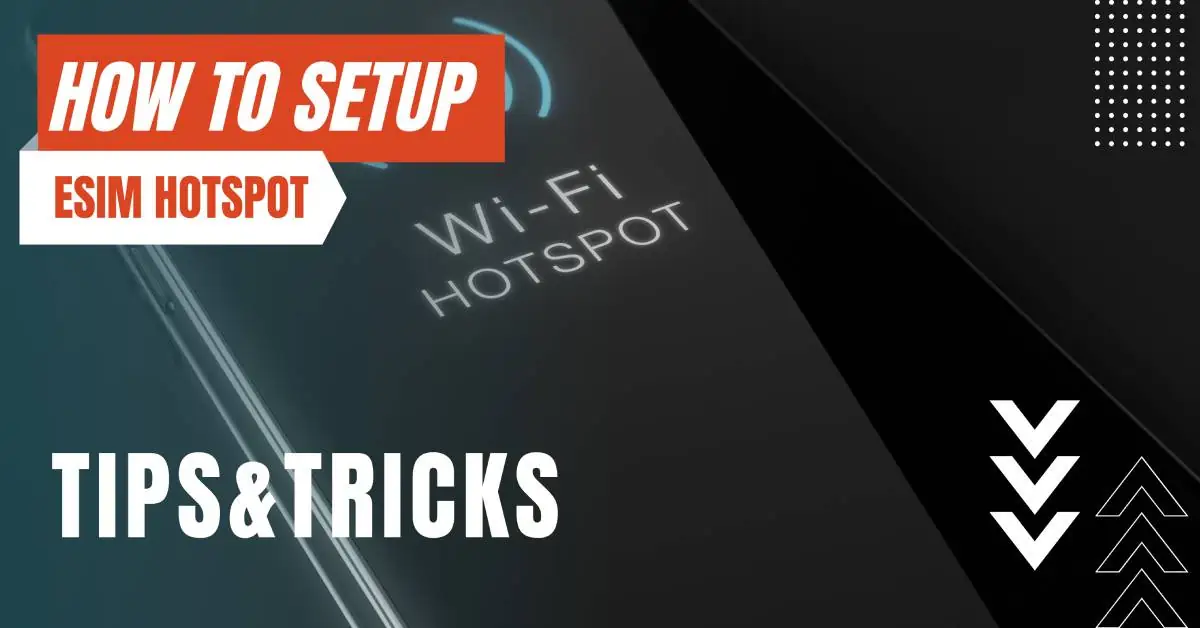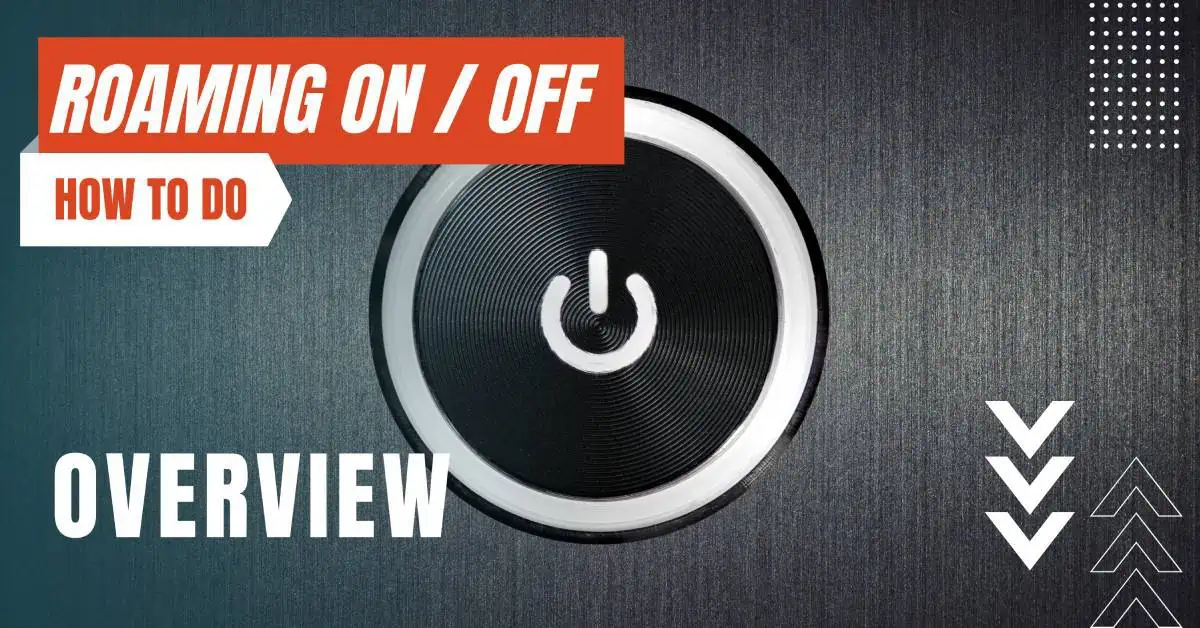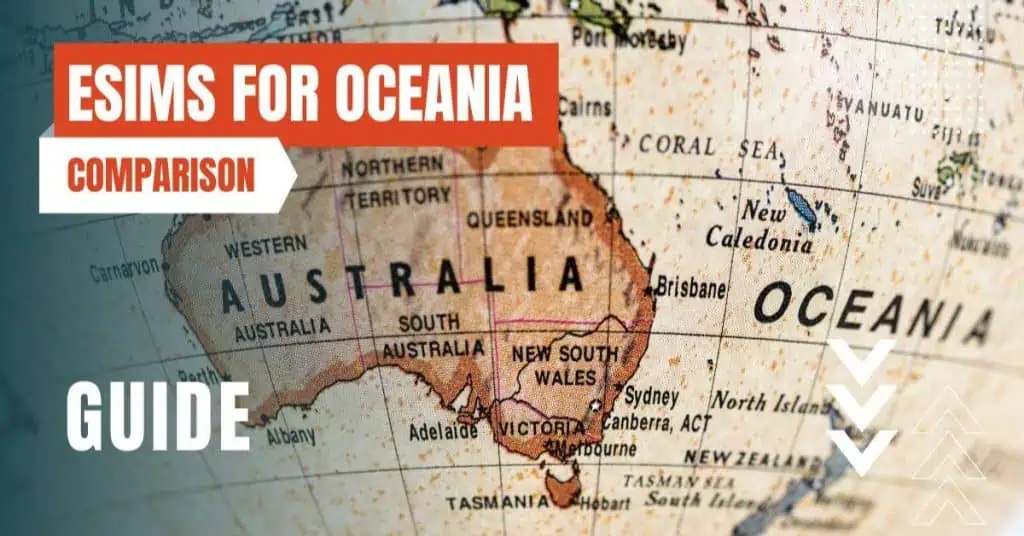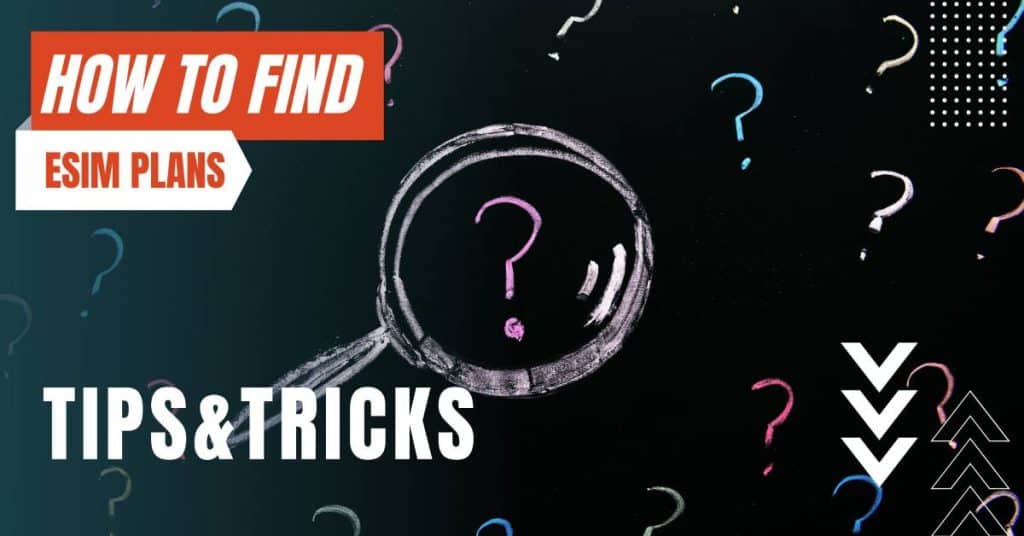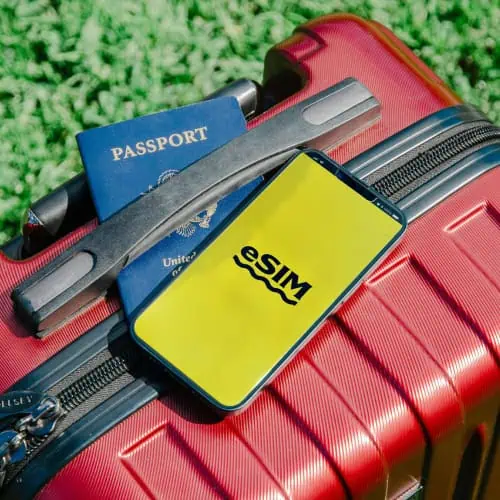All of the products and services we feature are chosen independently. If you click through links we provide, we may earn a commission. Learn more
Written by: Emily Chen
What is VPN
- Updated: September 7, 2024 | Published:
Virtual Private Networks, or VPNs, have become a common tool in today’s digital world, offering added layers of security and privacy.
As we spend an increasing amount of our lives online, understanding VPN services is more crucial than ever.
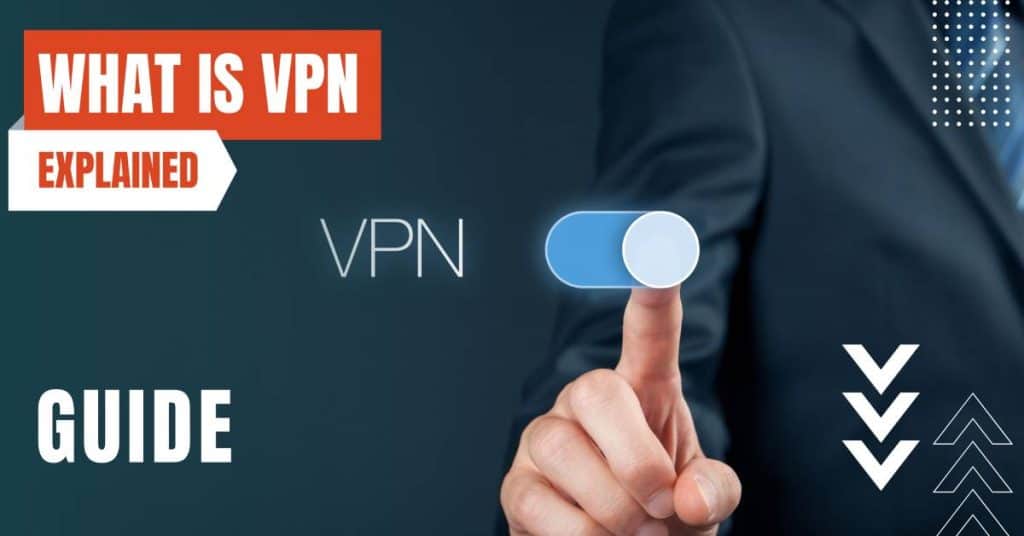
What is a VPN?
A Virtual Private Network (VPN) is a service that allows you to connect to the internet via an encrypted tunnel to ensure your online privacy and protect your sensitive data.
A VPN is often used to secure your internet traffic from snooping, interference, and censorship.
How Does a VPN Work?
When you use a VPN, it hides your IP address and encrypts your data, making it unreadable to anyone who might be spying on your internet connection.
Here’s how it works:
- You start the VPN client (software) from your VPN service. This software encrypts your data before your Internet Service Provider or public Wi-Fi provider sees it.
- The data then goes to the VPN, and from the VPN server to your online destination—anything from your bank website to a video sharing website to a search engine.
- The online destination sees your data as coming from the VPN server and its location, not from your computer and your location.
In this way, a VPN can help keep your data secure and your online activities private from third parties.
Why Use a VPN?
Privacy
Security
Bypassing censorship and geographical restrictions
Remote access
Things to Consider When Choosing a VPN
Security
Privacy
Speed
Server Locations
Price
Customer Support
Using VPNs on Mobile and Desktop Devices
Desktop Devices
Choose a VPN provider
Sign up and download
Install the VPN client
Connect to a server
Start browsing
Mobile Devices
Choose a VPN provider and sign up
Download the VPN app
Install the VPN app
Connect to a server
Start browsing
Popular VPN Providers
ExpressVPN
Advantages: Known for its high speeds, robust security, and easy-to-use interface. It has servers in 94 countries, offers excellent customer support, and allows up to five simultaneous connections.
Disadvantages: It’s one of the more expensive options on the market, and the configuration options may be a bit too complex for users who prefer simpler controls.
NordVPN
Advantages: NordVPN is highly secure, offering features like double encryption and a kill switch. It boasts over 5,000 servers in 59 countries, allows up to six simultaneous connections, and has a strict no-logs policy.
Disadvantages: It can sometimes be slower than other options, especially when using double encryption. Some users also find its map interface for server selection a bit cumbersome.
CyberGhost
Advantages: CyberGhost stands out for its user-friendly interface, making it a good choice for VPN beginners. It offers strong security, a strict no-logs policy, and has over 6,000 servers in 90 countries.
Disadvantages: Its speeds can be inconsistent, and it’s not the best option for high-censorship countries.
Surfshark
Advantages: Surfshark offers unlimited device connections, robust security, and is relatively affordable. It also has a strict no-logs policy and features like a kill switch and multi-hop connections.
Disadvantages: While it has a rapidly growing network, its number of servers and locations is still lower than some competitors.
Private Internet Access (PIA)
Advantages: PIA offers a high level of customization, making it a good choice for advanced users. It has a large network of servers and allows up to ten simultaneous connections.
Disadvantages: Its interface isn’t as user-friendly as some others, and it has fewer servers in fewer countries than some competitors.
Remember, even when using a VPN, it’s still important to exercise good cybersecurity habits.
This includes using strong, unique passwords, being wary of suspicious emails and links, and keeping your devices updated with the latest security patches.
A VPN is a powerful tool for online security and privacy, but it’s not a silver bullet. It’s most effective when used as part of a broader approach to online security.
By entering your email & signing up, you agree to receive promotional emails on eSIMs and insider tips. You can unsubscribe or withdraw your consent at any time.

About The Author
Spread the Word, Share the Joy
Compare eSIMs
Why keep the secret to yourself? Spread the joy of eSIMradar and let everyone in on the eSIM experience!

Easy eSIM Comparison for Your Needs
Simplifying your search! Easily compare eSIM plans tailored to your specific needs

Coverage in 210+ Countries
Benefit from our extensive eSIM comparison with 30+ providers in over 210 destinations.

Save money without second-guessing
Our platform helps you maximize value, ensuring competitive prices.

Enjoy Hassle-Free Travel Abroad
Whether you’re on holiday or a business trip abroad, stay connected with ease and focus on enjoying your experiences,
Find Your Perfect eSIM & Exclusive Deals!
Find your ideal eSIM effortlessly and stay connected in style wherever your adventures take you! Get exclusive deals and discounts at your fingertips, ensuring you get connected for less on your travels!
